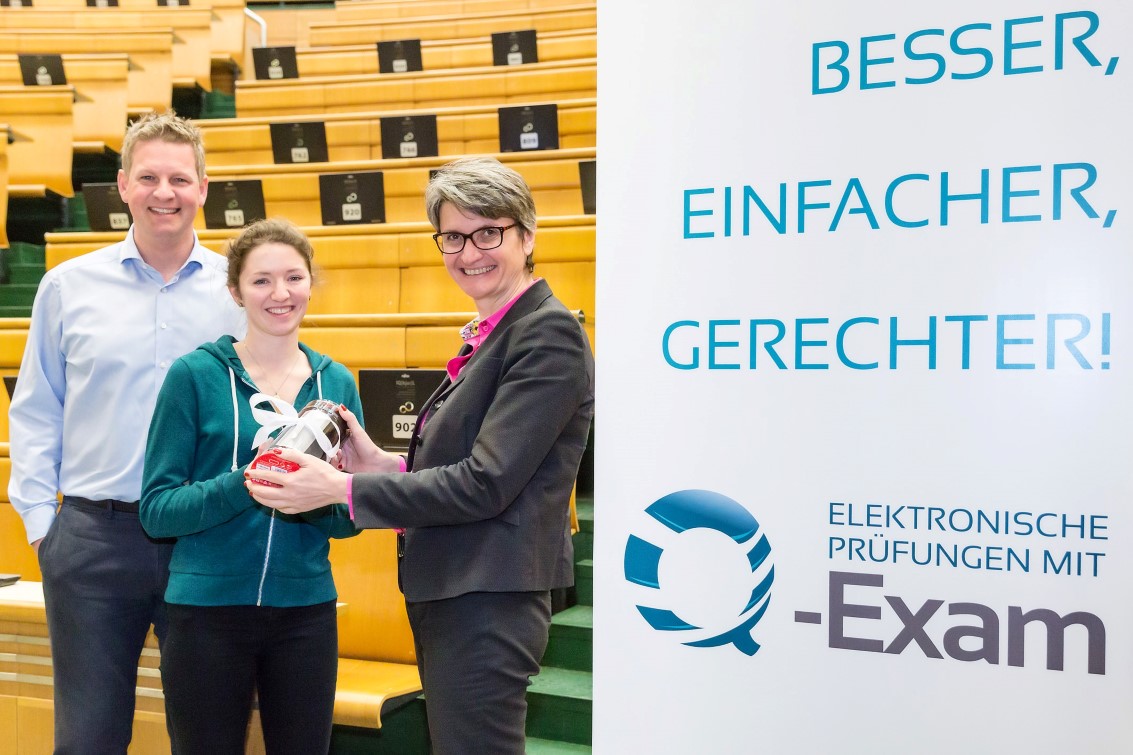Hannover Medical School (MHH) - Digital Exams Every Monday
Situation
The conversion from paper-based to digital exams took place at the MHH as part of the introduction of the "HannibaL" study course for medicine in 2005. This modularized curriculum is a teaching and learning practice aimed at the patient and his illness in all training sections. Previous examinations, as well as the traditional "Physikum", have been replaced by a continuous performance check which means that around 200 examinations are taking place each year. This multitude of examinations led to a correspondingly increased organizational effort in preparation, implementation and evaluation. With the introduction of the system Q-Exam Institution which, due to its mobile capability, meets the spatially limited events of the MHH. The increased audit volume of the model study course could be countered and the administrative effort considerably reduced.
Process and Quality Management
In the course of the introducing the system interesting developments have emerged in various areas involved. Through the restructuring of the audit organization a control loop can be established, in which, checks are implemented at various points to ensure the quality of the tests. All important processes: the scheduling of the examinations, the monitoring of the online question input by the lecturers, as well as the visual presentation of results and statistical analyzes (i.e. Cronbach's alpha calculation for the reliability of the results) are controlled by this online platform. In addition, two online-based methods have recently been developed, which regulate, document and legally safeguard the expiry of test results by students and the subsequent extraction of inaccurate examination contents (post-review procedures). In addition, MHH has passed an auditing framework, in which the performance of electronically supported examinations is legally presented.
Advantages
The availability of the results is particularly appreciated by students and teachers. With a mouse click, extensive analyses of the examinations can be prepared, which also allow a rapid control of the content. This contributes to a qualitative revaluation of the results of the doctoral studies, increases the transparency of the examinations and thus enables fair and legally sound examinations in human and dental medicine.



